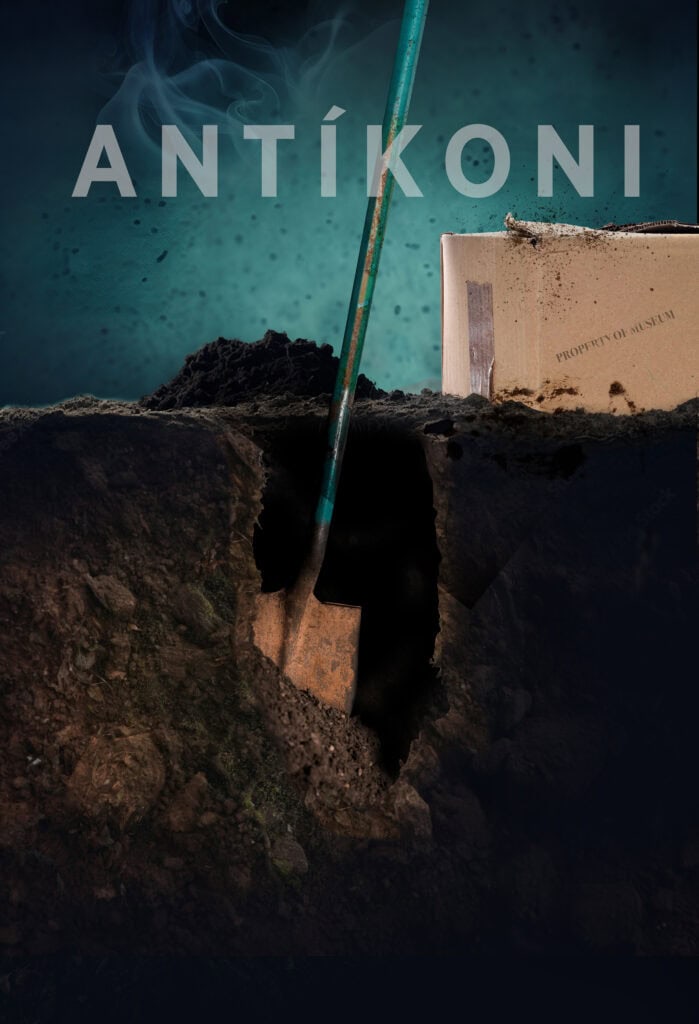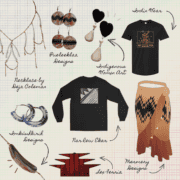
Artistic Director DeLanna Studi discusses the 30th Anniversary of Native Voices
By Christine Trudeau
For three decades now, the Autry Museum of the American West in Los Angeles, California has housed Native Voices, an equity theater that has helped Indigenous playwrights develop and produce original works. At the helm as artistic director is storyteller, actress and Native Voices alum DeLanna Studi (Cherokee).
“We’re the only equity theater in the country that is devoted to developing and producing new works by Indigenous playwrights,” said Studi, “and we’ve been doing this for 30 years.”
Each year Native Voices has three tentpole projects, as Studi calls them, which are made up of their short plays, their festival of new plays, and their full productions. They then do a call for scripts, said Studi, and for their short play festival they set a theme, and ask playwrights to limit the time for each script to 10 minutes. Submissions are open to any Native American, Alaska Native, Hawaiian or First Nations playwrights.
“We read every single script and then we narrow it down depending on how many we have,” said Studi. “I would say about 10 to 15 of them and then we select people for our national panel, and they will read those scripts. We’ll usually choose about two to three scripts from that national panel, and that will be chosen for a festival of new plays.”
If a playwright is located locally in the Los Angeles area, they’ll be invited to participate in person. Otherwise, they’ll start working virtually on Zoom or over the phone, and are paired with a dramaturg who helps them prepare their scripts to be performed.
“I always say they’re like the doula of the play,” Studi said. “They kind of process what it is to tell a story. They ask clarifying questions. You can make sure that the story you’re telling us is very clear.”
Studi adds that they like to hire up and coming Indigenous dramaturgs to be part of this process with their playwrights as a way to ensure Indigenous storytelling is honored. When it comes to content, over the years many themes emerged in the plays they’ve seen. From stories that focus on the Murdered Missing Indigenous Peoples crisis, to plays that focus on the dangers of fracking and climate change. More rently, she’s seen stories emerging that take a critical look at colonization in places like museums.
“Our stories exist in different realms and multiple times,” Studi said. “Our stories often involve characters that may not be described as human. Our stories may have multiple endings or no ending at all. Telling a story and it goes spiral, but eventually that will be clear. Aristotle structure wants you to get to the point right away, and that’s just not how a lot of our Native folks tell stories. We want to honor the way they tell stories, so we pair them up with the dramaturg to help them to tell the best play that they want to tell.”
Aristotle structure, according to Studi, is based on six elements of drama, with stories told in a rising action to a climax and then falling action.
“Basically, it looks like a pyramid. It’s a structure that’s taught in most colleges and universities that teach playwriting and also just storytelling in general,” said Studi. “When you look at the way native people tell stories, we don’t follow those rules. In fact, our stories predate those rules, and so we want to honor our traditional way of storytelling.”
Studi got involved in Native Voices herself back in 2000, with the play Darlin’ as an actor, and then more productions from there. Over time, she saw more and more of the process and work that goes into play development, and decided to start writing her own plays and submit them to Native Voices. Studi describes the skills that Native Voices brings to Indigenous playwrights, as a launching pad for their careers, as it was for her.
“In a way I’ve done everything that Native Voices has been trying to do; I’ve written a short play for them that’s been in their festival, I’ve written a play that was chosen to be in the festival new plays, and I’ve been an actor and a dramaturg on those pieces,” said Studi. “I’m very familiar with all the steps that we take. I’ve also directed a few of the workshops, so I feel like I’ve worn all the hats, and that’s just something that I did before I even became artistic director, because that’s the way Native Voices is set up.”
Starting off as an actor, and Studi’s love of that, helped propel her toward finding joy in playwriting and directing now, she said, which is a part of the structure that Native Voices provides.
“A lot of our ensemble people, the people that have worked with Native Voices for generations, have become multi hyphenates for that reason.”
Today, Studi works with Elisa Blandford, Native Voices managing director and Native Voices artistic associate, Jennifer Bodiwash (Ojibway), to run the program.
“It’s the first time that we’ve had a fully stacked staff. Elisa and I are the only full time members, and the others are part time, but we would not be able to do half the work we do without them.”
Having a fully staffed team has been important in continuing the mission of their work, said Studi.
“One of the ways that we work, and we’ve always worked this way, is we’re very playwright centric,” said Studi. “In fact, when other Native artists don’t work for a native theater company in our system, they’re often taken aback by how hands on the playwrights are. But we believe that if you start with the playwright, and you help nurture them and guide them, and you let them have some creative control. Because usually playwrights don’t get as much creative control in predominantly white institutions. We also find a way by doing this where we give them power whenever they do work for those institutions.”
This means, according to Studi, is a way of helping the playwrights figure out what their “non negotiable” are and for what to expect when they go into a non-native space.
“It’s not uncommon for a playwright, if your play is accepted by a non native theater, you may never get to meet any of the designers until the run through right or the first table read,” said Studi. “To be able to have the playwright in the room as we talk to the designers and explain why this play is important, they get to kind of build the foundation for their vision, and our job is to try to bring that vision to life. Now, of course, it’s always going to be open to interpretation, so we try to make sure that when we are interpreting we’re collaborating in a very creative way so that hopefully our interpretation of their vision is not going to be anything that will distract them from their original vision.”
Their goal is to exceed the expectations of their playwrights, as a way to empower them in theater spaces.

“We’re all there for the same reason, which is we want to tell a good story and find those people that want to tell the good story and realize that everything you do on that stage and even off the stage in the production process, amplifies the playwright’s voice and to tell the story,” said Studi.
Through the involved process, playwrights can decide how much involvement they want to have on the production side. Studi said the intent here is to tell these stories with respect and authenticity.
“One of the greatest things about our company is some of our people I’ve worked with since I got started with Native Voices over 20 years ago,” Studi said. “They come in and out, where some of them become famous and leave, and some of them come back, even after they’re famous and still help out. You never know who you’re going to have on that stage, but there’s a good chance that there is a little bit of a relationship already built in, which is great. So even if you are a brand new artist walking into the Native Voices family you are welcome with open arms and also with that love and care.”

This November, Native Voices will put on a production of Antíkoni by Beth Piatote (Nez Perce), for the Autry’s Fall 2024 equity production.
This piece was reported and written with the support of an Ethnic Media Outreach Grant, made possible by the Stop the Hate initiative, funded by the California State Library (CSL) in partnership with the California Commission on Asian and Pacific Islander American Affairs (CAPIAA). To learn more about Stop the Hate or to report a hate incident, visit stopthehateca.org.




